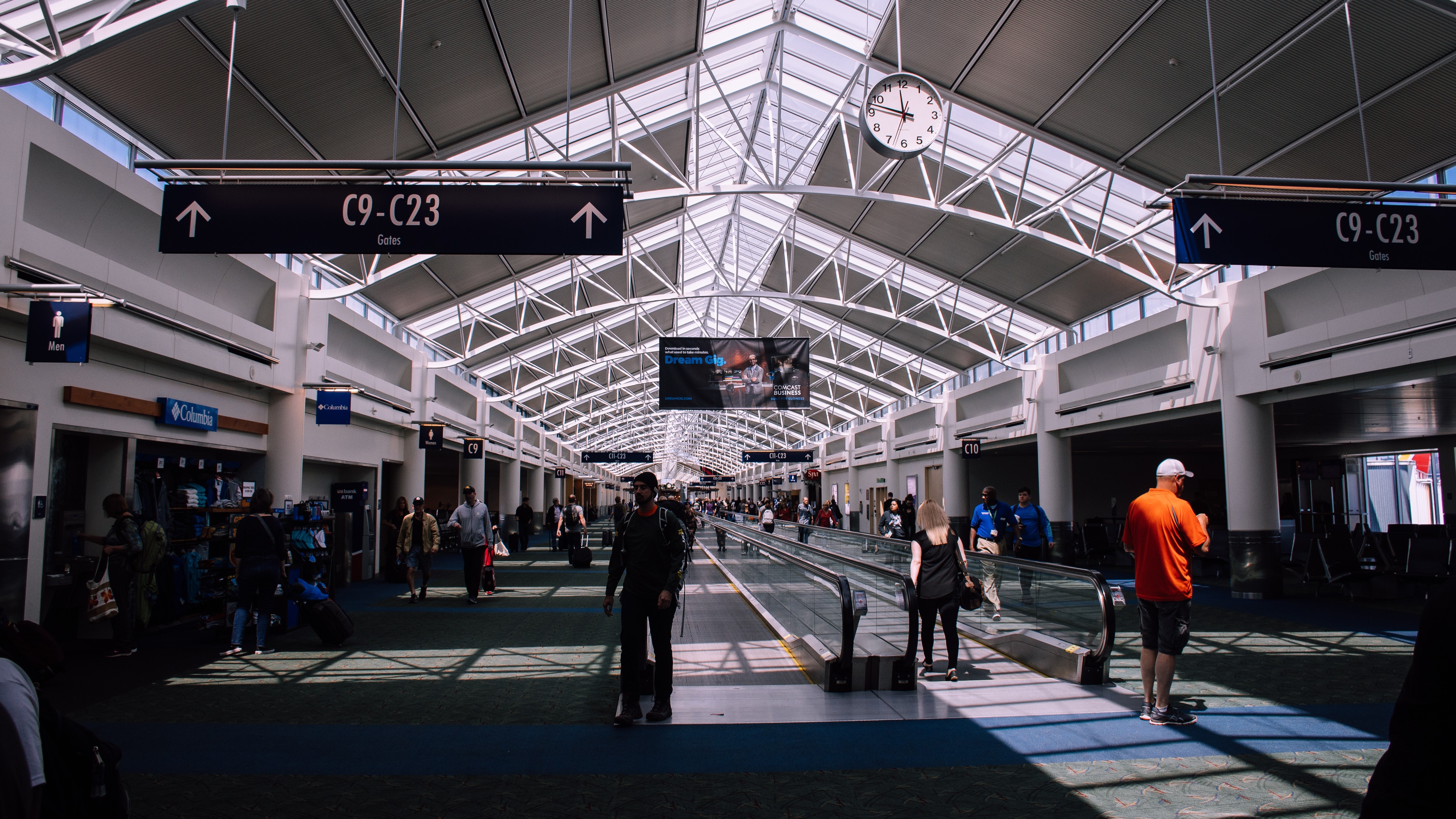How IoT Became IoUT (Internet of Unexpected Things)
In 2018 IoT connected the unexpected

It is an exciting time in the IoT space. And if we’ve learned one thing, it’s that our only barrier to innovation is our own imagination.
In 2018, IoT connected the unexpected – like prosthetic limbs and tectonic plates – to improve daily life with smart solutions. Looking ahead, I believe we’ll see 2019 continue leading and delivering IoT’s potential.
But, here’s a look back at a few unexpected things IoT made a bit “smarter”:
- Empty list
1. Beehives
You better believe IoT connected bees. More specifically, their hives.
Using AT&T’s DataFlow capabilities, YHY Group is piloting a solution that tracks a beehive’s humidity levels, temperature and other aspects to ensure optimal hive health. Our capabilities provide a new way to track data for YHY Group and they anticipate continued enhancement of the solution in 2019.
2. Robot couriers
Looking for reliable delivery? Call your friendly neighborhood robot. We are providing the connectivity for Marble Robot, who is creating a fleet of robots to deliver groceries and package goods in ultra-urban environments.
While still early in overall rollout, these robots securely transport your goods and allow workers to focus on longer distance deliveries.
Are you a pro? Subscribe to our newsletter
Sign up to the TechRadar Pro newsletter to get all the top news, opinion, features and guidance your business needs to succeed!

3. Office furniture
Are you tall and constantly hitting your knee against your desk? Or small and in a never-ending battle with your chair to achieve an optimal height?
Well now, whether you’re at your desk or another work station, your office space can be automatically tailored to you. We are helping Herman Miller create smarter workplaces with connected office furniture all around the world. Employees can not only improve their health and posture, but get data on how desks, tables and chairs are used to help organizations maximize their asset usage.
4. Porta potties
Did you know, one of the biggest deterrents to keeping construction crews staffed are bathrooms? That’s why the AT&T Foundry went to work with a major construction company to develop a battery-powered IoT device that helps ensure the onsite porta potties stay clean.
A sensor in the device detects movement inside the restroom – movement means a clean facility, but a hastily slammed door means it’s likely time for maintenance. It’s helping porta potties pass the smell test on a daily basis.

5. Airport luggage dollies
The holiday season is one of the busiest times of the year for airports. And while many travelers don’t think about what happens behind the scenes, a lot goes into ensuring everything runs smoothly. Today, ground handlers drive around the tarmac in search of missing luggage dollies.
But, Springshot and AT&T are providing a solution. With the help of our solar-powered devices and Data Flow capabilities, Springshot has deployed a solution that allows airline operators to track utilization and location of dollies, and – more importantly – get travelers’ luggage to their destination. The eventual goal? Provide a one-stop shop for tarmac management.
6. Tectonic plates
Yes, you read that right. We are making mountains and islands “smarter.” UNAVCO is a non-profit university-governed consortium that uses sensors placed on geologic plates to detect geologic and seismic activity across North America, the Caribbean and South America.
Using our global connectivity, UNAVCO’s sensors on geologic plates assist with early earthquake warnings and overall seismic activity research and analysis.

7. Snow Removal and Mowing Robots
Imagine a world where you don’t have to go outside to shovel the snow from your driveway or mow on a hot summer’s day. That world might be a little further away for consumers, but for commercial customers like property management companies, property owners and schools, that reality is within reach.
We provide connectivity for Left Hand Robotics, a company producing autonomous robots. Using advanced GPS technology, the robots follow a pre-determined path to mow or remove snow, and are equipped with sensors to avoid obstacles during operation. The weather outside might be frightful, but these robots won’t think twice about facing the elements.
8. Prosthetic limbs
Running, bathing, dressing, driving – many take for granted how essential mobility is to our everyday lives. Now imagine losing a limb. Those experiencing limb loss face an unfamiliar journey to finding their way to restored mobility. Some who don't know where to begin might not communicate their challenges with their prosthetic clinicians, potentially leading to lack of use of their prosthesis.
So AT&T and Hanger, Inc., a leading provider of orthotic and prosthetic patient care services and solutions, worked side-by-side to prototype the industry’s first standalone, LTE-M network-connected device for prosthetic limbs to improve visibility and communication with patients. This device syncs directly to the cloud via our network, allowing Hanger Clinic, the patient care subsidiary of Hanger, to receive data on patients’ prosthetic usage beyond the clinical setting.
Equipped with these insights, clinicians can proactively contact patients to address potential issues impacting prosthesis usage, such as fit and comfort, to in turn increase mobility. And ultimately, they can help patients get back to navigating everyday life and doing what they enjoy.
John Vladimir Slamecka, Region President EMEA at AT&T
John Vladimir Slamecka leads the Global Account Solutions-EMEA team for AT&T as region president. He is an experienced global leader with an extensive background of successfully managing global teams.
He is a senior business leader and globalist with more than 25 years of experience leading multicultural organizational transformation and innovaton; delivering solutions for businesses and consumers.
